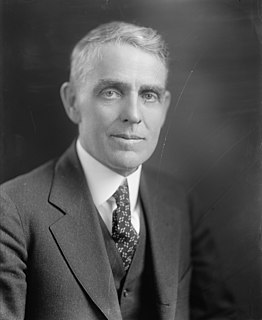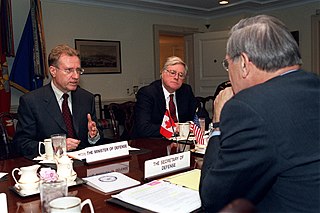A Quote by Arthur Capper
Following the war in Europe a large increase of European immigration to the United States is to be expected, of which the largest part is and always has been made up of men skilled in farming.
Related Quotes
For many years prior to the 1990s, European integration was embraced and supported by a large majority of citizens. A united Europe, bound by commonly-held democratic values, was perceived as an essential and effective buffer against the Soviet empire. A united Europe made a repeat of the First and Second World Wars almost unthinkable.
More than 95 percent of both legal and illegal immigration into the United States is non-white. Because of the way immigration law is structured, the highest-skilled nations on earth - those of Europe - are allowed only a tiny percentage of immigrants, while the third world nations such as Mexico are dumping their chaff onto American shores at the highest rate in history.
The European Union cannot be compared to the United States. America is a nation, but Europe is not. Europe is a continent of many different nations with their own identities, traditions and languages. Robbing them of their national democracies does not create a European democracy - it destroys democracy in Europe.
Thirty-five states have Canada as their largest export market. Let's say we get into a trade war with the United States - hopefully not, but let's say. Many states in the union are going to have trouble and more costs getting their stuff up to Canada. If we make the border a little thicker in terms of tariffs, and hit back, that will start to impact the states, in particular large business interests that are in Canada. And that starts to put indirect pressure on the White House.
To the extent that our workers compete with low-paid Mexicans, it is as much through undocumented immigration as trade. This pattern threatens low-paid, low-skill U.S. workers. The combination of domestic reforms and NAFTA-related growth in Mexico will keep more Mexicans at home. It is likely that a reduction in immigration will increase the real wages of low-skilled urban and rural workers in the United States.
The United States says "We're complying. We're following the disarmament obligation. Look at the quantitative reductions that are taking place." But, since '96, there really hasn't been progress on specific commitments that have been made. Perhaps most disturbing is this: that the United States and France in particular, since 1996, have expanded the range of circumstances under which they might use - they say they might use - nuclear weapons.


































